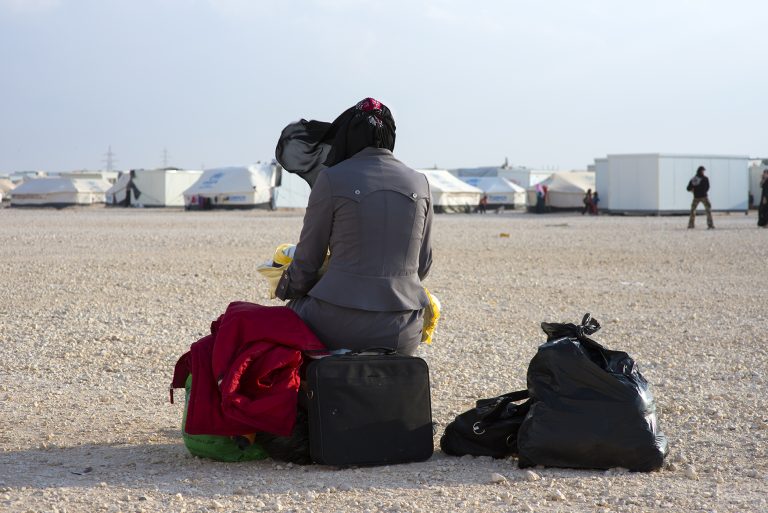Brussels, [Feb,2024] – The European Union Agency for Fundamental Rights (FRA) has raised serious concerns regarding the European Commission’s proposal to establish ‘return hubs’ in third countries, emphasizing the potential risks of human rights violations and legal uncertainties surrounding such facilities.
The idea of return hubs—locations outside the EU where third-country nationals awaiting deportation would be accommodated—was first introduced in a joint letter by 15 EU Member States in May 2024. The European Commission later included the concept in its broader migration management strategy, reinforced by European Council conclusions in October and December 2024, calling for accelerated deportations. The agency asserts that the responsibility for fundamental rights violations remains with the EU Member States and the European Border and Coast Guard Agency (Frontex) even after individuals are transferred to these facilities. FRA differentiates the proposed hubs from traditional readmission agreements, under which responsibility for returnees is handed over to a third country.
FRA underscores the importance of ensuring that every return decision is based on an individual assessment, with access to an effective legal remedy, as required under Article 47 of the Charter of Fundamental Rights of the European Union. The agency warns against potential arbitrary detention practices and violations of the principle of non-refoulement, which prohibits returning individuals to places where they may face persecution or serious harm.
While recognizing the EU’s efforts to address migration challenges, FRA insists that return hubs can only be legally viable if accompanied by strict safeguards. These include independent monitoring mechanisms, access to legal assistance, and compliance with international human rights standards.
With a new EU legislative proposal on returns expected in early 2025, FRA calls on the Commission and Member States to ensure that any adopted measures fully respect the EU’s fundamental rights obligations. The proposal remains a highly debated issue, as the EU seeks to balance migration management with its legal and ethical responsibilities.
Human rights activists believe that these so-called return centres risk becoming isolated detention centres that deprive migrants of basic legal protections. They insist that the EU should focus on humane solutions, integrating refugees into European societies, rather than outsourcing responsibility to third countries with questionable human rights records. As Amnesty International has stressed, these centres represent a “shameful U-turn” by the European Commission, reinforcing a dangerous precedent of abdicating responsibility for the EU’s legal and moral obligations.
For further reading, refer to the original document [Click here].




